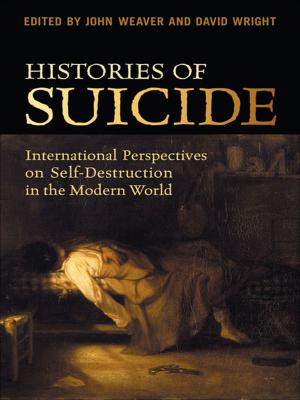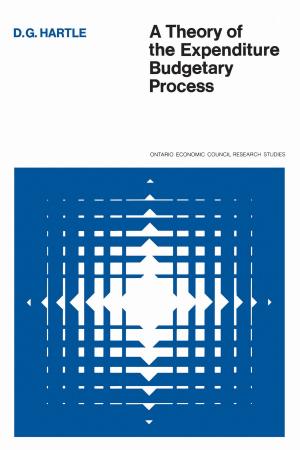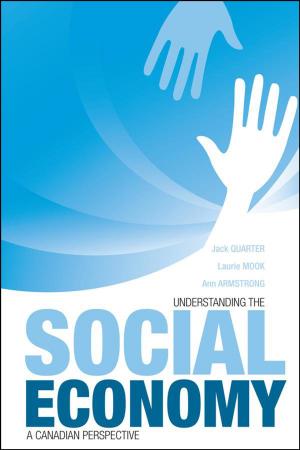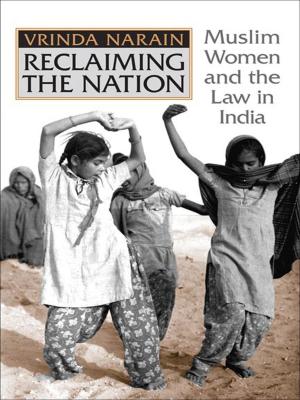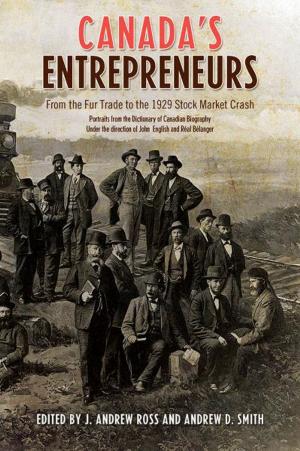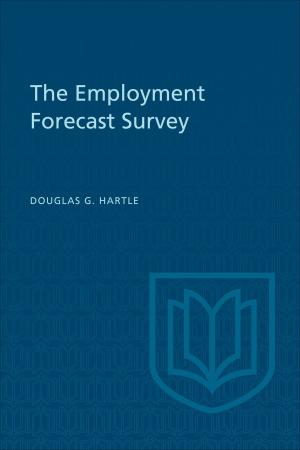Do Men Mother?
Second Edition
Nonfiction, Health & Well Being, Psychology, Interpersonal Relations, Social & Cultural Studies, Social Science, Gender Studies, Sociology| Author: | Andrea Doucet | ISBN: | 9781487511692 |
| Publisher: | University of Toronto Press, Scholarly Publishing Division | Publication: | April 13, 2018 |
| Imprint: | Language: | English |
| Author: | Andrea Doucet |
| ISBN: | 9781487511692 |
| Publisher: | University of Toronto Press, Scholarly Publishing Division |
| Publication: | April 13, 2018 |
| Imprint: | |
| Language: | English |
The first edition of Do Men Mother? (2006) was awarded the John Porter Tradition of Excellence Book Award from the Canadian Sociological Association and remains one of the most widely cited books on primary caregiving fathers and stay-at-home fathers. This second edition of Do Men Mother? builds on interviews conducted between 2000 and 2004 with 101 fathers and 14 mother/father couples, and follow-up interviews with six of the mother/father couples about a decade later. It charts how fathers and mothers navigate and negotiate parental and breadwinning responsibilities and calls attention to the generative changes that occur for men when they share responsibilities for their children’s care. Working closely with Sara Ruddick’s Maternal Thinking (1989), Doucet advocates for a wider maternal lens that focuses on entanglements between dependence/independence/inter-dependence and argues that fathers’ stories expand how we think about mothering and caregiving
In this expanded second edition, with a new Preface and two new chapters, Doucet takes on three revisiting projects: returning to interview several research participants; re-entering scholarly fields of work, care, and parenting in shifting neoliberal contexts; and rethinking her approach to knowledge making, concepts, and narratives. Bringing together what she calls "diffractive" readings of feminist philosopher Lorraine Code’s ecological approach to knowledge making and historical sociologist Margaret Somers’ genealogical and relational approach to concepts and her non-representational approach to narratives, Doucet lays out an innovative ecological and non-representational approach to knowledge making, concepts, and narratives about care work and paid work. This book calls for greater attention not only to what we claim to know, but also to how we come to know, write about, and intervene in shifting practices, concepts, and narratives of work and care, the politics of care, and growing crises of care.
The first edition of Do Men Mother? (2006) was awarded the John Porter Tradition of Excellence Book Award from the Canadian Sociological Association and remains one of the most widely cited books on primary caregiving fathers and stay-at-home fathers. This second edition of Do Men Mother? builds on interviews conducted between 2000 and 2004 with 101 fathers and 14 mother/father couples, and follow-up interviews with six of the mother/father couples about a decade later. It charts how fathers and mothers navigate and negotiate parental and breadwinning responsibilities and calls attention to the generative changes that occur for men when they share responsibilities for their children’s care. Working closely with Sara Ruddick’s Maternal Thinking (1989), Doucet advocates for a wider maternal lens that focuses on entanglements between dependence/independence/inter-dependence and argues that fathers’ stories expand how we think about mothering and caregiving
In this expanded second edition, with a new Preface and two new chapters, Doucet takes on three revisiting projects: returning to interview several research participants; re-entering scholarly fields of work, care, and parenting in shifting neoliberal contexts; and rethinking her approach to knowledge making, concepts, and narratives. Bringing together what she calls "diffractive" readings of feminist philosopher Lorraine Code’s ecological approach to knowledge making and historical sociologist Margaret Somers’ genealogical and relational approach to concepts and her non-representational approach to narratives, Doucet lays out an innovative ecological and non-representational approach to knowledge making, concepts, and narratives about care work and paid work. This book calls for greater attention not only to what we claim to know, but also to how we come to know, write about, and intervene in shifting practices, concepts, and narratives of work and care, the politics of care, and growing crises of care.




